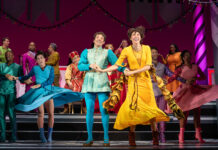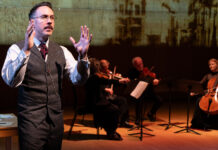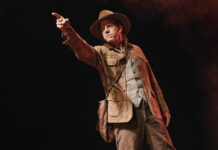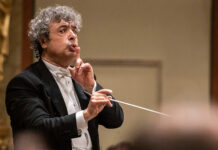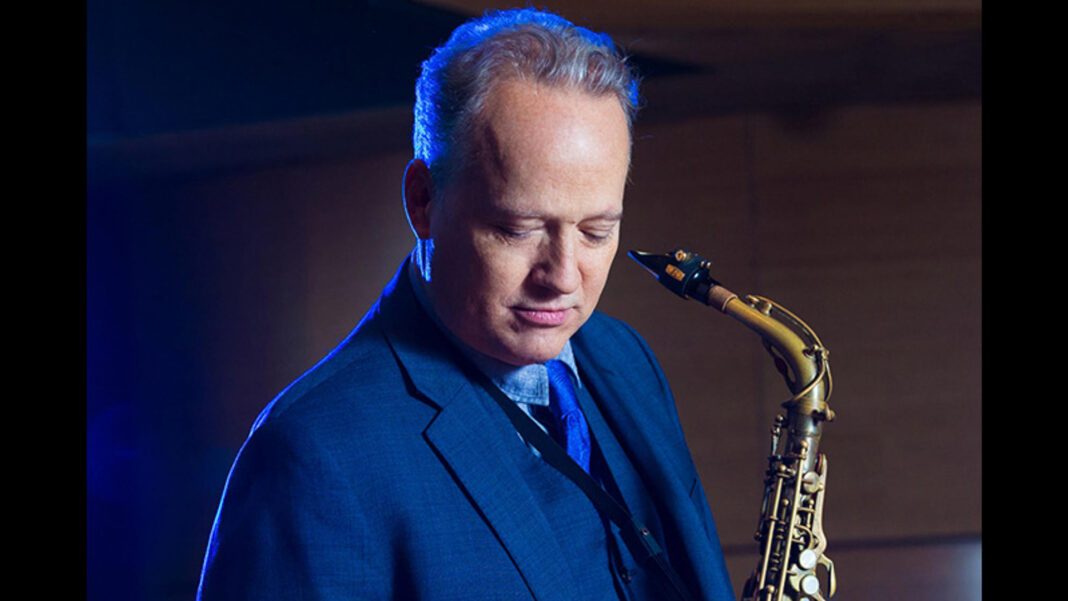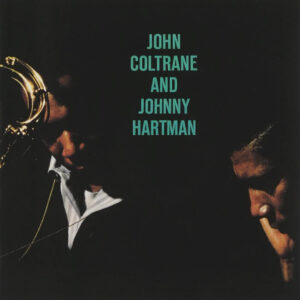
Legendary jazz saxophonist John Coltrane only ever recorded with one vocalist: baritone Johnny Hartman. Their 1963 album, simply titled John Coltrane and Johnny Hartman, is considered an essential jazz album. Only six songs are on the album which runs just over 30 minutes. Nonetheless, it is a classic. On June 15th, saxophonist Ted Nash is going to celebrate that album in a show at Chelsea Table + Stage in New York.
Nash is an innovative musician who composes much of the work he plays. He’s a member of the Jazz at Lincoln Center Orchestra. That ensemble has recorded and performed Nash’s work. He’s a two-time Grammy Award winner and his most recent album was last year’s Transformation: Personal Stories of Change, Acceptance and Evolution.
Joining Nash for this show is baritone Tyreek McDole with bassist Ben Allison, Isaiah J. Thompson on piano and drummer Matt Wilson. Last December I spoke with Nash about the significance of this album and his approach to performing it live. The show was scheduled for early in 2022, but was postponed. What follows are excerpts from our conversation that have been edited for length and clarity.
John Coltrane is quoted as having said, “I’ve found you’ve got to look back at the old things and see them in a new light.” What will be your approach to looking back on this classic collaboration between John Coltrane and Johnny Hartman?
Well, that’s a good question. I love the recording and I’ve listened to parts of it so many times over the years; as a jazz musician and someone who is it improviser, because that’s largely what makes jazz so special. We’re always looking for a way to put our stamp on something. We tend not to want to do it like the original because what’s the point? These artists were masters and geniuses. For us to say, “Well, I can do what they did” it kind of misses the point. We love the music so much so we tend to want to play them at some point during our life.
I think this record, which it’s all standards, what makes it so incredibly unique are the two artists, of course, Johnny Hartman and Coltrane, and their incredible commitment to melody and the way they phrased the melodies and with such expression. My goal to do this is not try to figure out a complete different way to do it. My feeling is to try to embrace it for what it is – almost a recreation of it. People now are more modern and play differently. But to find ways to respect this original project by presenting it close to what it is, that’s what I want to do. I want to embrace it.
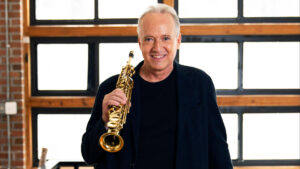
What do you think was so special about this collaboration that these two men had at this given moment in time?
I think both the artists featured here were really at the height of their of their expression. Coltrane, of course, went on to continue to develop as a composer and as an improviser in different directions from this. But I think that it was magical. You can’t really explain things that are magical. They just happen. I read somewhere that there was talk of Mel Torme being the collaborator with Coltrane and Coltrane, said, “No, there’s this guy, Johnny Hartman, who is really singing great for me.” It’s like two great artists that come together and it just created its own thing. I don’t think even if they had gotten together later that they could have recreated the feeling and the spirituality behind the sound of this of this recording.
Do you think Hartman is overlooked as an artist?
I think he is. I can’t tell you why it is that we know other artists more like, let’s say, Tony Bennett or or Frank Sinatra. Why do you know Clifford Brown more than Booker Little? It could be something personal, it could be something about choices that they made. I have no idea. I do know that he’s got an incredibly deep and rich beautiful voice that makes you feel good.
The album contains what my favorite song of all time, which is Billy Strayhorn’s Lush Life. I had the privilege of talking to Betty LaVette. She told me that she could spend her whole life performing that song and never feel like she got it right. Now you’re working with someone who is closer in age to Billy Strayhorn, who was 16 when he wrote the song. What are your hopes are for what your collaboration with Tyreek McDole will be and what you as somebody who’s further down the line in your career and he, who’s more a newbie in his career, are going to bring to this challenging, beautiful song?
It’s probably one of the greatest songs ever written. I just have to say that. It’s humbling that it was written by somebody so young and so attuned to social and human characteristics and qualities to be able to talk like that in a song. It’s always a reminder that there’s depth in people at any age.
Getting off your question a little bit, but it’s interesting that the words tend to fall second place to the melody and harmony for a lot of horn players, myself included. I always tell people they should learn the song and the lyrics because it’ll give you some insight into what the song is about and maybe you’ll play it differently as a result. I’ve heard, of course, the lyrics to Lush Life. I’ve read and heard and listened to and thought about it a lot, but a lot of these songs I haven’t. This is a learning experience for me at my age. I’m hoping that with Tyreek will find that place inside of himself, even as a youngster, to bring something of humanity to these songs.
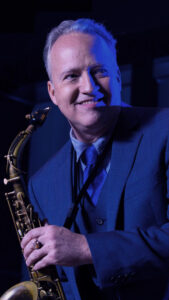
You’ve gotten so much attention for your own compositions, why this project now?
Coltrane continues to be an incredible inspiration and an influence on people. When you’re younger you’re trying to figure out ways to copy his style and copy his notes, copy his sort of expression. And then at a certain point you’re like, I can’t do this anymore. I have to try to find my voice. So you run away from Coltrane. You spend your life running away from Coltrane, right? Then here comes a project where I have license now to play something similar to Coltrane. That’s part of what I’m looking forward to on this gig is to kind of try to find Coltrane, but not to the notes that we do when we’re younger. In this case I want to try to find the spirituality behind Coltrane’s playing and bring it to this gig. In other words, even if I’m not kind of mocking or copying him, I want to copy the feeling that he had back at this time because that’s what’s truly sticks out.
All images of Ted Nash Courtesy Chelsea Table + Stage


